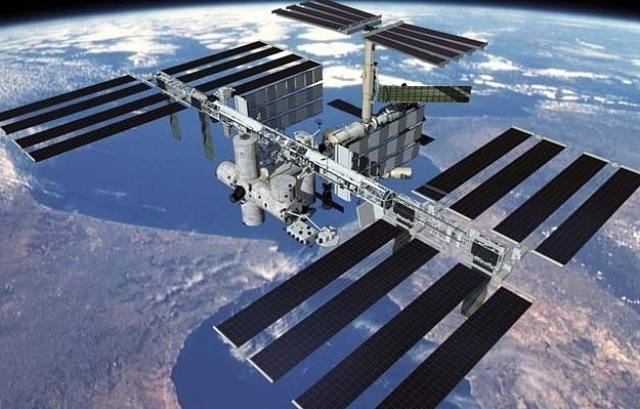Moscow. November 26. INTERFAX - Specialists of Rocket-space Corporation "Energy" I think that after 2025 the costs of the ISS are not adequately use the station, and the project will have to terminate, said Deputy Director General of the Corporation Vladimir Solovyov.
"According to RSC Energia estimates, spending on further (after 2025 - if) financing, which is estimated at 10-15 billion rubles, is too large. It is necessary to review the terms of further participation in the program and focus on the implementation of orbital station programs, " Solovyov said at a meeting of the RAS space Council.
The lifetime of the ISS will expire in 2024. Russia is in talks with its partners for the station to extend its operational life until 2030.
Earlier, the head of Roscosmos said that Russia is preparing to create a new orbital station.
"Now we are starting to create a new orbital station, we already have two modules in reserve, one has already been created, the so - called node module, the second is an energy module that will provide power to our new station, "Dmitry Rogozin said on the Solovyov LIVE YouTube channel.
"We plan to add several modules to it: in fact, after 2030, the Russian Federation will be the country that will create a new station," the head of Roscosmos said.
The base module of the new station will be the new Russian scientific and energy module (NEM). According to the head of Roscosmos, the module will be ready for operation in 2024.
In mid-may, Rogozin said that the rocket and space Corporation Energia, under the leadership of Igor Ozar, who took the position of acting General Director, will develop the concept of a new orbital station.
Yevgeny Mikrin, the General designer of Energia, who died in may from coronavirus, previously called it expedient to create a Russian orbital station after the completion of the ISS project, while not excluding international participation in the project.
"All expensive equipment from the Russian segment of the ISS can be transferred to this station. It will consist of five modules. The first three-MLM, nodal and NEM from the ISS-plus two more new ones. It will have a mass of 60 tons, " Mikrin said.

